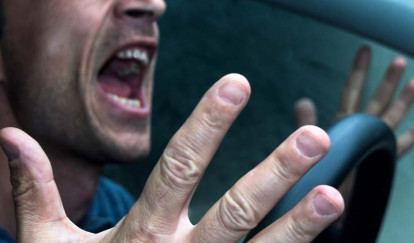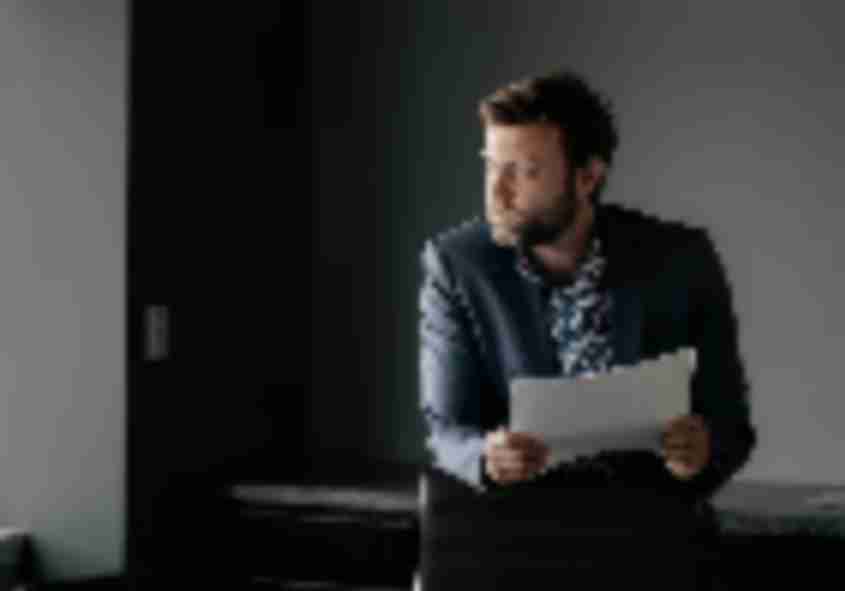
Share This Article
Busy travel corridors in and around Richmond, Virginia can lead to heavy traffic and angry drivers. It is not unusual for traffic offenses stemming from road rage to lead to a serious or even fatal crash. Experts believe that as more people return to work, traffic deaths will increase. Adding road rage to the mix only makes driving more dangerous and increases the chance of accidents.
To stay safe, avoid engaging in aggressive behavior while driving, and take precautions if you encounter an aggressive driver.
Learn how to recognize the signs of road rage and what to do if you do have an accident with an aggressive driver.
Aggressive Driving Behaviors That Lead to Road Rage Situations
Determining what road rage is and what isn't depends on recognizing other drivers' aggressive driving and dangerous behavior. You should avoid aggressive driving and watch out for other drivers who display road rage signs. Some of the aggressive driving actions displayed by people with road rage include:
- Driving over the speed limit even in heavy traffic
- Following other cars too closely (tailgating)
- Ignoring red lights
- Blocking other cars that are trying to change lanes
- Cutting off other drivers and then slowing down without reason
- Weaving through traffic in an unsafe manner
- Failing to signal when changing lanes
You should also be on the lookout for drivers who use their high beams or brakes for no reason other than anger at other drivers. An aggressive driver might engage in one or all of these behaviors, all red flags that can lead to road rage incidents.
If you can, keep an eye on the other driver's actions when they exit their vehicle. Doing so can help you determine your next steps.
Here's How to Handle It
How you handle an accident stemming from road rage can determine whether the situation escalates after the collision. Don't bother wondering, "Is road rage a criminal offense?" It isn't important whether the other driver ends up in jail, but instead whether you can get yourself out of a potentially dangerous situation with the information you need.
Remain Calm
You must keep your cool when dealing with angry drivers. If you are still on the road, do not provoke them further by intentionally slowing down to block them, honking at them repeatedly, or engaging in your own aggressive driving.
If you do have a collision with a belligerent driver, maintain your calm. They are already angry and may want and even try to provoke a physical confrontation.
Contact the Authorities
You should always contact the police after even a minor accident to ensure you get reports to pass on to your insurance company. It is even more important to do so if your accident resulted from someone else's aggressive driver.
Contacting the authorities after a road rage incident is also for your protection and the protection of witnesses to the accident. There is no telling where an aggressive driver will focus their rage next.
Don't Reciprocate Rude Gestures or Remarks and Avoid Physical Altercations
It might be very tempting to respond to rude hand gestures or remarks from an aggressive driver, but that could escalate the situation. If you do get into an accident, do everything you can to avoid a physical confrontation, including not maintaining eye contact if it seems to make the other person angry.
If you feel unsafe and can drive your vehicle, go to the nearest police station instead of getting out on the side of the road. Never pull into a parking lot to have a discussion with another driver who is already showing signs of anger.
Take Down a Description of the Vehicle and Driver
Angry drivers don't always stay on the scene, especially if they caused an accident due to their unsafe driving. Get as detailed a description of the vehicle and the driver as possible while being careful not to engage them if they display signs of road rage. A license plate number could be a critical piece of information if the other driver leaves before the police arrive.
It is also critical to have this information if you later decide to file a personal injury lawsuit. Your attorney can use the information to communicate with law enforcement and file papers so you can collect the damages you deserve. While a picture of the other driver would be helpful, please do not put yourself in a position to anger them further.
Identify Any Damage to Your Vehicle
It is critical that you document any damage to your vehicle as comprehensively as possible. Take plenty of pictures and a video while slowly walking completely around your car. Take some close-up photos and also some from a distance. Your physical evidence should show the full context of the accident.
Take pictures that include the aggressive driver's vehicle to help develop that context, but only if you can do so without sparking a confrontation. If you feel unsafe, wait for law enforcement to arrive before documenting the damage to your vehicle.
Collect as much information as you can from witnesses to the accident. They can help establish how the damage happened and what actions led to the collision.
A Car Accident Attorney Can Help You Seek Compensation
Road rage itself is not a criminal offense. But that doesn't mean you don't deserve compensation if you have a collision with an aggressive driver. If they are at fault because they disobeyed traffic laws and caused your accident, contact the experienced team at the Commonwealth Law Group for help.
We offer a free initial consultation to discuss your case and determine if you should seek compensation for property damage or personal injuries. Accidents with aggressive drivers are stressful enough. Let us take over your fight to get the justice you deserve.
If you have been injured at work or through the negligence of another individual or entity, contact us at (804) 999-9999 or or use the form below to connect with our legal team. We will fight to get you the justice you deserve.
